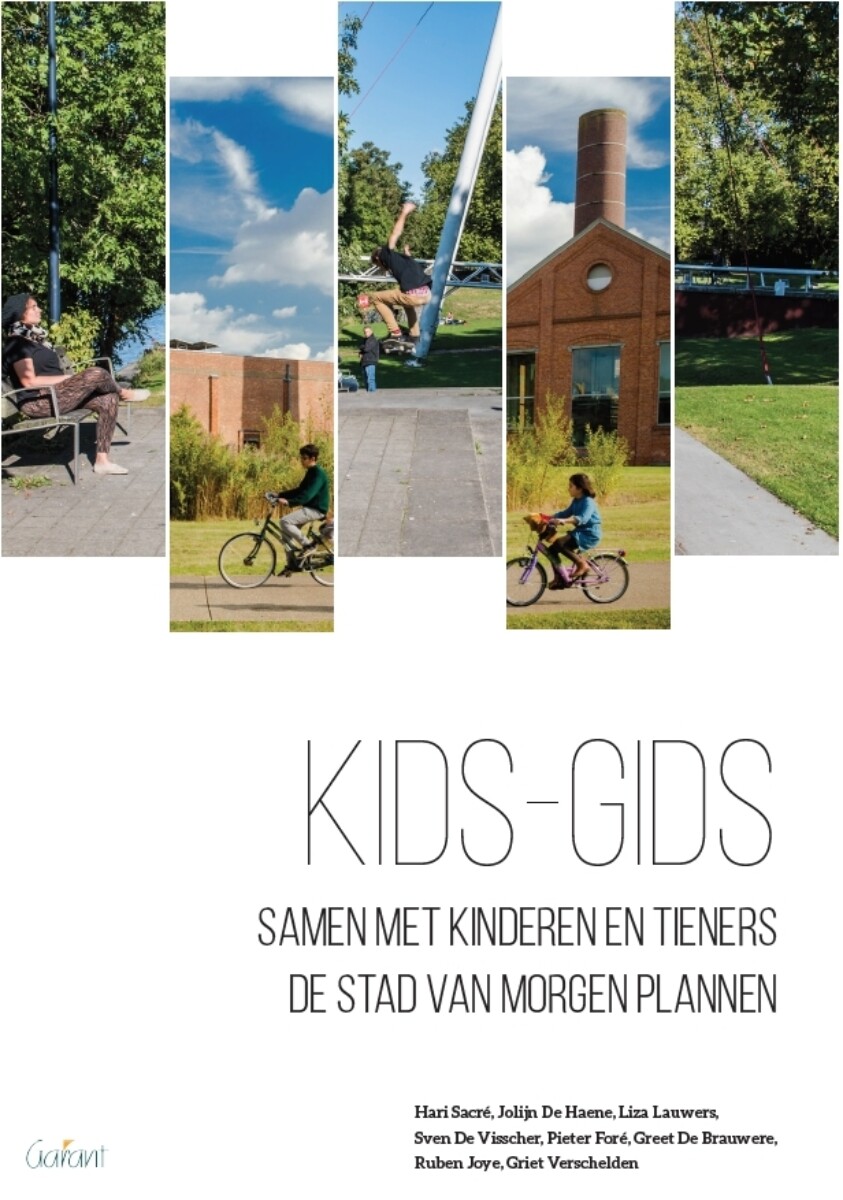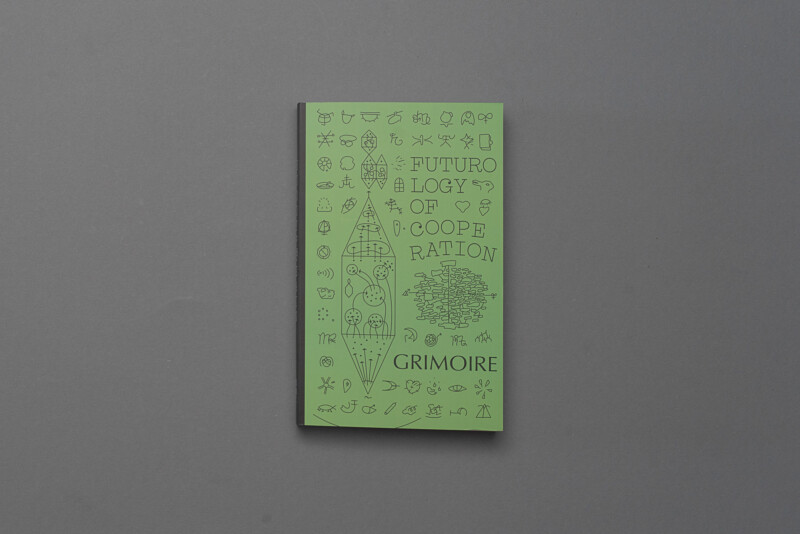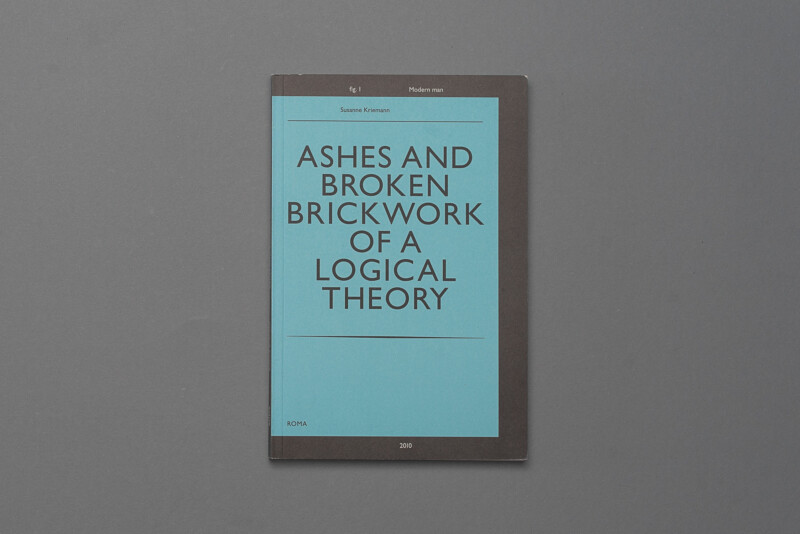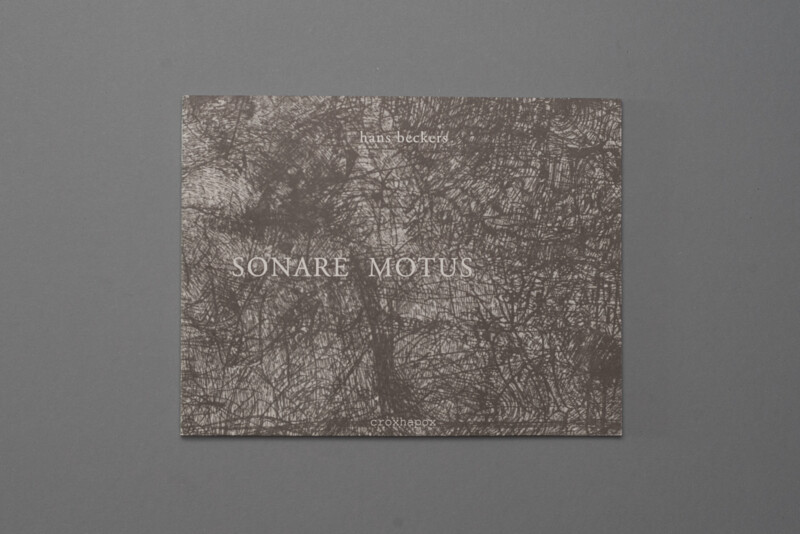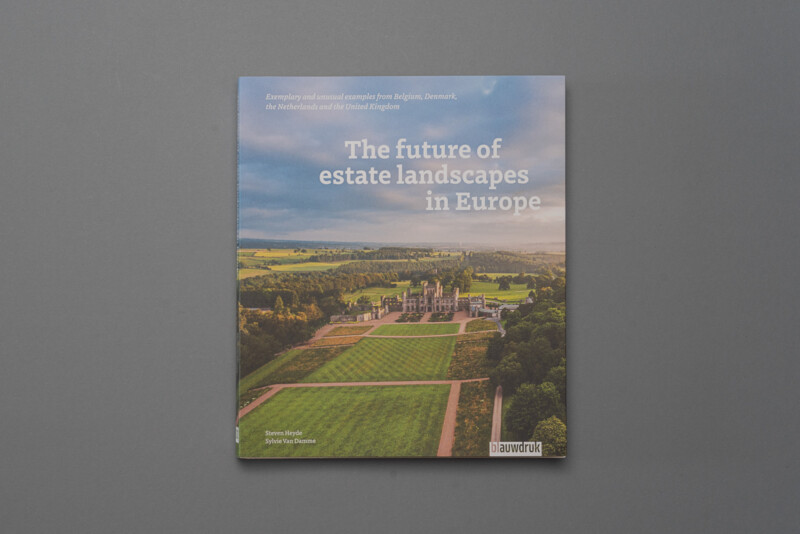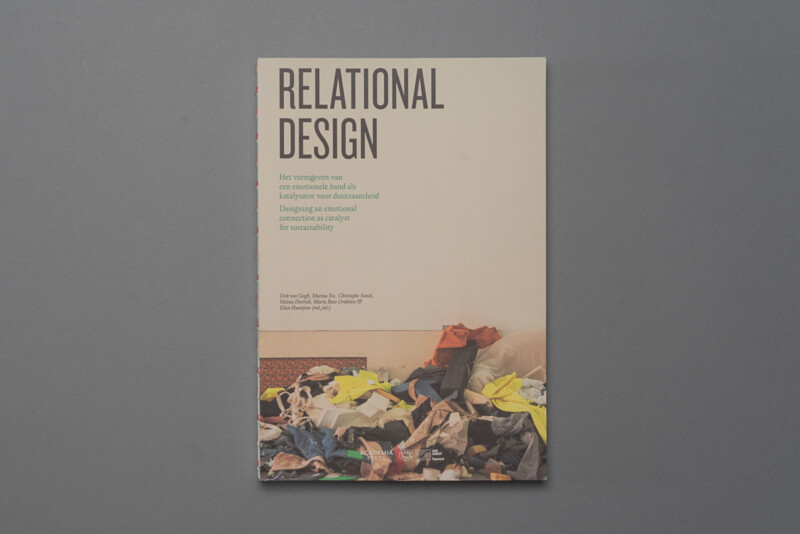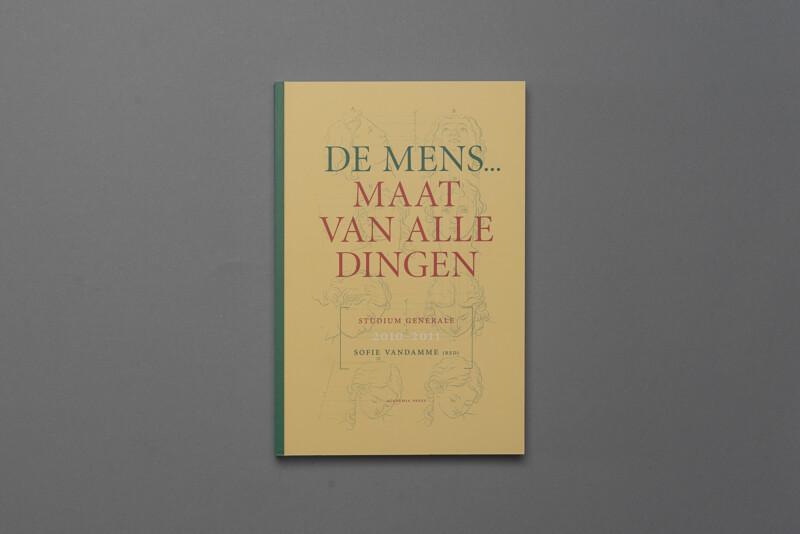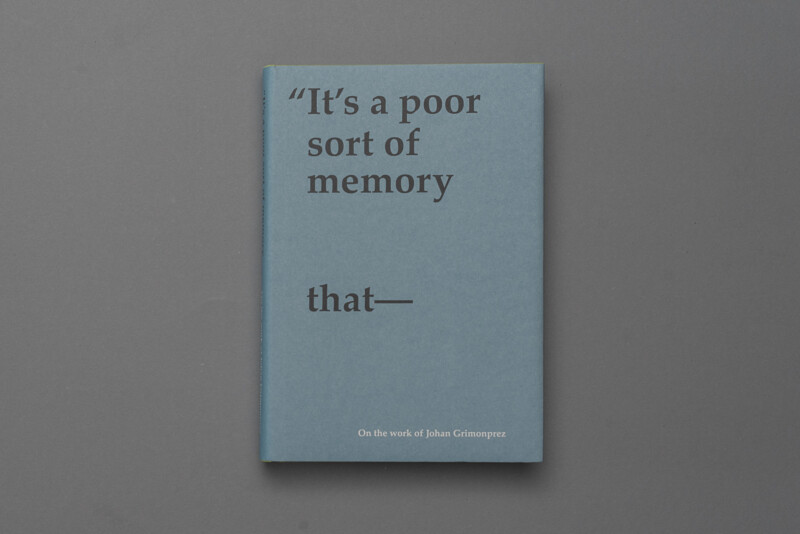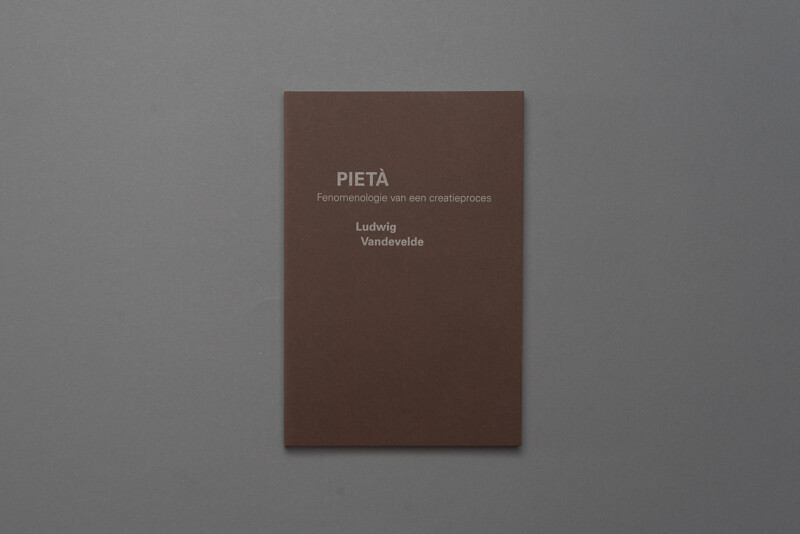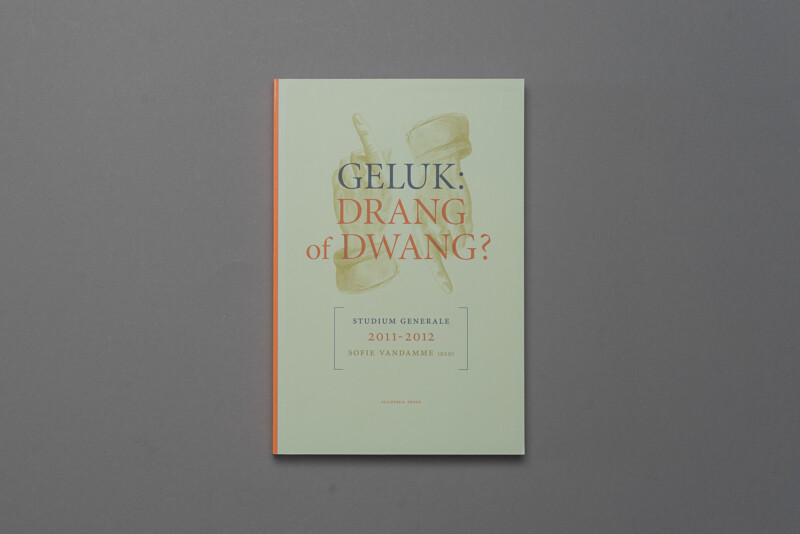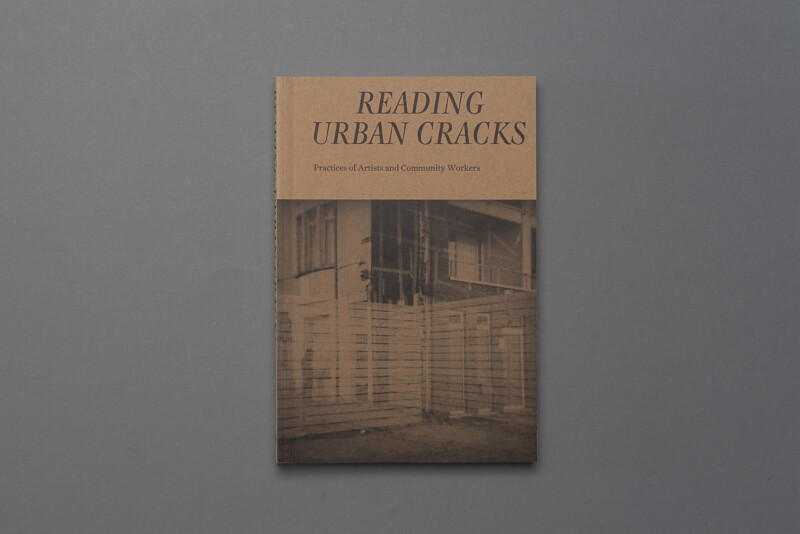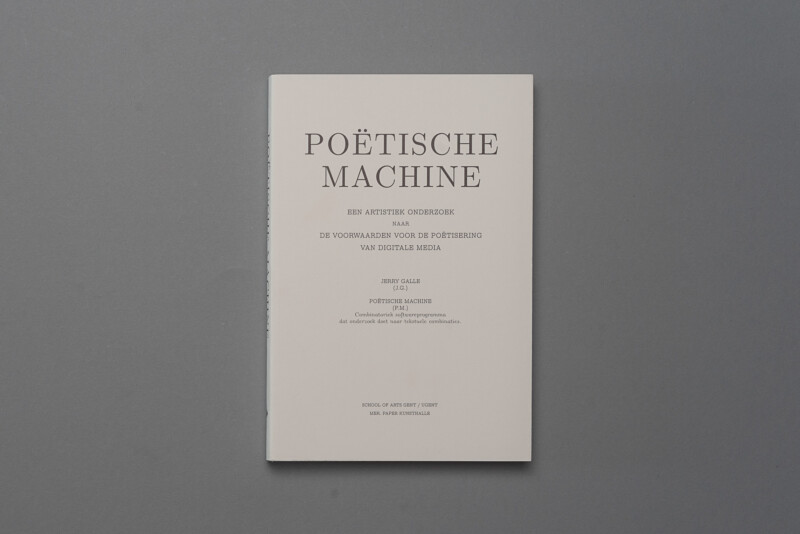KIDS-Gids
The planning of child-friendly urban spaces today represents a challenging interdisciplinary task for all those who collaborate spatially, pedagogically or socially on the future city. The involvement of children and teenagers in these processes is seen more than ever as a prerequisite for achieving a livable and sustainable urban environment. This involvement is not limited to the role of informant and/or participant in a planning process, but requires an openness and task of recognizing children and teenagers as co-researchers and planners of the city of tomorrow.
This KIDS-GIDS combines social, pedagogical and spatial insights into an innovative frame of thinking and canvas and thus aims to contribute to an interdisciplinary view and approach to child-friendliness. In this guide, a child-friendly city stands for a city that involves children and teenagers in thinking about and working out the city and urbanity of tomorrow. This book provides a set of useful tools that contribute to a stronger citizenship position of children and young people in (child-friendly) urban planning and change processes.
These tools were developed and tested in the context of four different types of urban planning processes: urban renewal, urban education, urban development and urban transition. They help empower children and teenagers in the different phases of a planning process: looking and researching, exchanging and arranging, imagining and experimenting, testing and selecting, and intervening and presenting.
We hope that the thinking and canvas, cases and tools in this KIDS guide will encourage urban actors to take the urban citizenship of children and teenagers more consciously as a starting point in planning the city. Not just as an ethical starting point, but as a logical and practically feasible principle of sustainable and democratic urban planning.
published by Garant
2016, NL
ISBN 9789044134780
